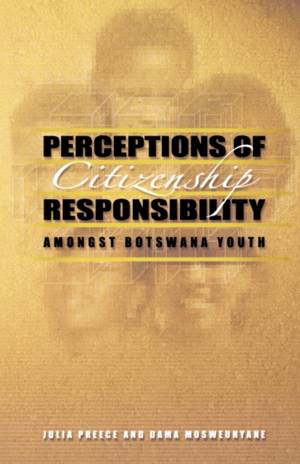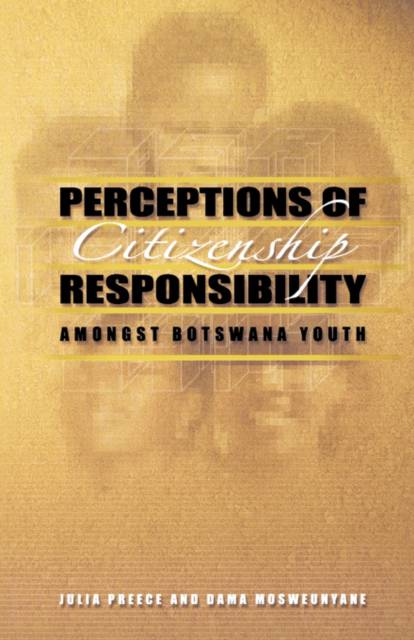
Bedankt voor het vertrouwen het afgelopen jaar! Om jou te bedanken bieden we GRATIS verzending (in België) aan op alles gedurende de hele maand januari.
- Afhalen na 1 uur in een winkel met voorraad
- In januari gratis thuislevering in België
- Ruim aanbod met 7 miljoen producten
Bedankt voor het vertrouwen het afgelopen jaar! Om jou te bedanken bieden we GRATIS verzending (in België) aan op alles gedurende de hele maand januari.
- Afhalen na 1 uur in een winkel met voorraad
- In januari gratis thuislevering in België
- Ruim aanbod met 7 miljoen producten
Zoeken
Omschrijving
Botswana is widely regarded as a model African democracy. Since independence in 1966, the country has enjoyed unparalleled peace and stability within the African continent. It has also experienced unprecedented changes from being one of the ten poorest countries in the world to its current status as a middle-income country. However, in spite of the advances of the last thirty years, it still experiences high levels of poverty and inequality. Perceived inhibitors to progress are attributed to the younger generation's erosion of traditional values and a collective reluc-tance to take pride in the nation. This book offers an analysis of how the younger generation is reconciling globalisation influences with traditional cultural values and belief systems. It argues that this generation does care about their country, but has changed priorities. It further recom-mends educational interventions that might nurture the bestow Botswana's cultural heritage whilst ensuring an active, democratic citizenry that is relevant to modernity.
Specificaties
Betrokkenen
- Auteur(s):
- Uitgeverij:
Inhoud
- Aantal bladzijden:
- 132
- Taal:
- Engels
Eigenschappen
- Productcode (EAN):
- 9789991271330
- Verschijningsdatum:
- 1/01/2005
- Uitvoering:
- Paperback
- Formaat:
- Trade paperback (VS)
- Afmetingen:
- 140 mm x 216 mm
- Gewicht:
- 158 g

Alleen bij Standaard Boekhandel
+ 109 punten op je klantenkaart van Standaard Boekhandel
Beoordelingen
We publiceren alleen reviews die voldoen aan de voorwaarden voor reviews. Bekijk onze voorwaarden voor reviews.









